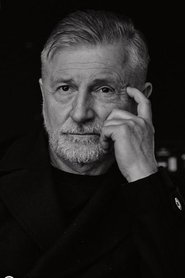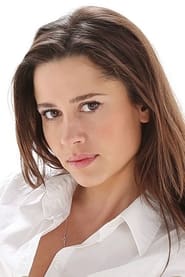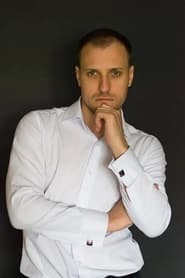
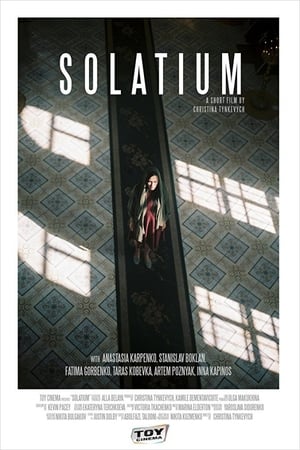
Solatium(2017)
Traumatised by her daughter's death a Ukrainian nurse takes retribution, but is conflicted by her faith and unprepared for the consequences.
Movie: Solatium
Similar Movies
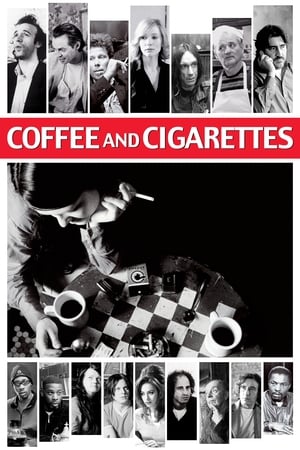 6.9
6.9Coffee and Cigarettes(en)
Coffee And Cigarettes is a collection of eleven films from cult director Jim Jarmusch. Each film hosts star studded cast of extremely unique individuals who all share the common activities of conversing while drinking coffee and smoking cigarettes.
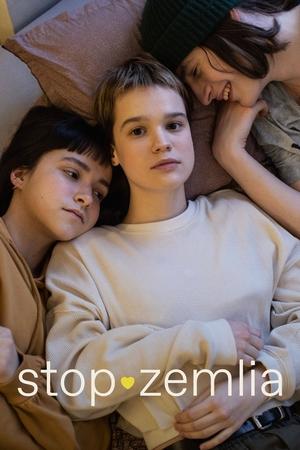 5.2
5.2Stop-Zemlia(uk)
Hanging out with friends, smoking a lot, spinning bottles and kissing, making mistakes, playing, refusing to accept, dreaming with open eyes - life as a teenager can be overwhelmingly beautiful and difficult at the same time. In her debut, the Ukrainian director composes a deeply emotional and multi-layered portrait of a generation whilst seamlessly flowing between the fictional and the documental.
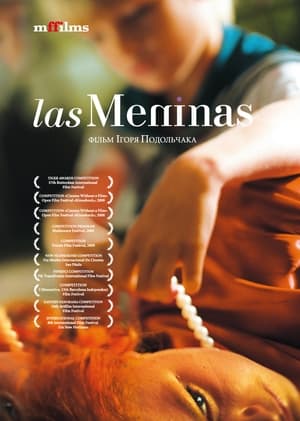 5.1
5.1Las Meninas(uk)
This film is about what the routine of everyday life can do to the human mind and psyche. It also reflects on the importance of the choices we make and how limited these choices are in the first place. The plot evolves around a family of four. They live in the suburbs, in a strange villa that appears, through a complex game of mirrors, to be more like a piece of installation art than a real house. The main character, who hardly appears on screen, is the son, a man in his thirties. Suffering from asthma and eczema since childhood, he uses his condition to manipulate his parents and his sister. Thus the existence of the terrorized family turns into an endless ritual of attempting to satisfy his whims, and always on the alert for yet another one of his “health crises”. Las Meninas resembles the scattered pieces of a puzzle. It is up to the viewer to assemble them in order to form his very own picture – something that makes the film itself personal and unique.
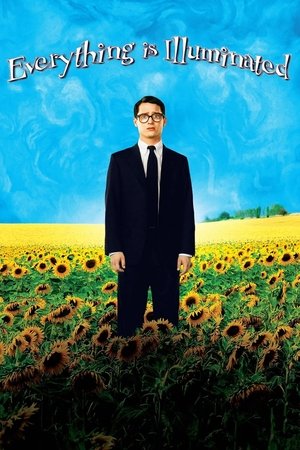 7.3
7.3Everything Is Illuminated(en)
A young Jewish American man endeavors—with the help of eccentric, distant relatives—to find the woman who saved his grandfather during World War II—in a Ukrainian village which was ultimately razed by the Nazis.
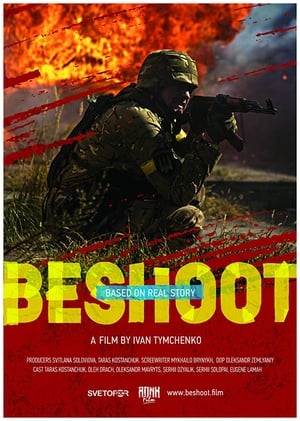 7.2
7.2Beshoot(uk)
Based on a true story. Two fighters of 'Donbas' Volunteer Battalion get locked inside city of Ilovaysk after regular Russian army enters Ukraine and shells the surrounded divisions of Ukrainian Army in the infamous would-be 'green corridor'. The fighters survive thanks to the help of the locals and manage to break out through the front line to reach the freed territory. Taras Kostanchuk who is playing himself as 'Beshoot' is that same Donbas commander who is the prototype of the story. Half of the actors and extras are real 'Donbas' volunteers who survived the battle.
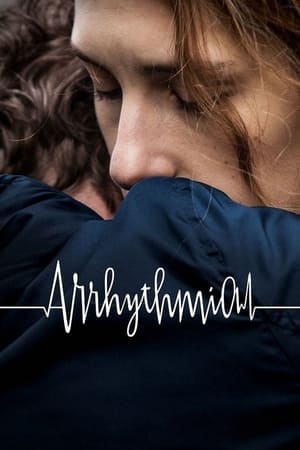 7.0
7.0Arrhythmia(ru)
Oleg is a young gifted paramedic. His wife Katya works as a nurse at the hospital emergency department. She loves Oleg, but is fed up with him caring more about patients than her. She tells him she wants a divorce. The new head of Oleg’s EMA department is a cold-hearted manager who’s got new strict rules to implement. Oleg couldn’t care less about the rules – he’s got lives to save; his attitude gets him in trouble with the new boss. The crisis at work coincides with the personal life crisis. Caught up between their patients, alcohol-fueled off-shifts, and an evolving health care system, Oleg and Katya have to find the binding force that will keep them together.
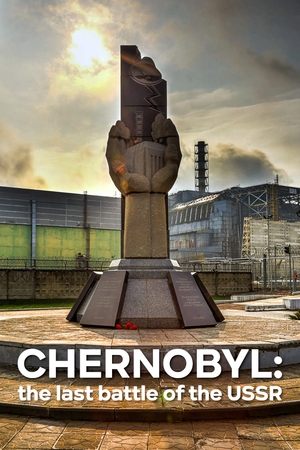 8.4
8.4Chernobyl: The Last Battle of the USSR(fr)
Three decades after the nuclear explosion, almost everything has been said about this ecological and sanitary disaster that made Pripiat a part of History. How did the greatest industrial disaster change the course of History, disrupt global geopolitics and, directly or indirectly, redistribute the balances and power relations of the twentieth century? The world will never be the same again. By retracing the incredible battle waged by the Soviet Union against radiation, this film proposes to retrace and enlighten an extraordinary story, while exploring the historical stakes in the medium and long-term…
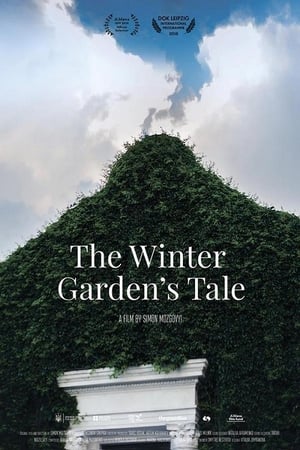 8.0
8.0The Winter Garden’s Tale(uk)
The film’s story is based on the fate of the Floriculture Pavilion of the former Exhibition of Achievements of the People’s Economy, and its elderly employee Valentyna Voronina, who maintains this space, investing her own life into it, until suddenly changes come to her. After forty-five years of work, she is asked to retire. But Voronina does not agree with that, because she thinks that all the plants will die without her. Meanwhile, a group of mysterious radioesthesists find a channel of positive energy right in front of the entrance to the pavilion.
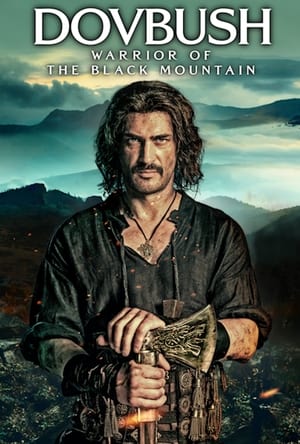 7.3
7.3Dovbush(uk)
In the early eighteenth century, foreign rule means dark times for the Hutsuls of the Carpathians. The two Dovbush brothers become opryshkos - mountain outlaws. But the two brothers become enemies - one cares only about money, the other - Oleksa - fights for his people. The Carpathians are convulsed with a wave of uprisings. The aristocracy uses its military might to try to kill Dovbush and destroy his legend. But Dovbush outwits them. The desperate lords devise a devious plan and attack the invincible outlaw's Achilles heel - his love for his childhood sweetheart, Marichka. Who will be the assassin to attack the Opryshko whose immense strength and bravery inspired folk tales? Will the lords' treacherous plan destroy the hero before he can lead his people to freedom?
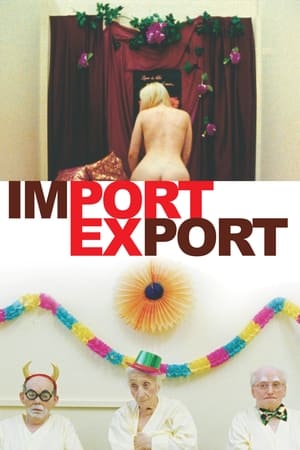 7.0
7.0Import/Export(de)
A nurse from Ukraine searches for a better life in the West, while an unemployed security guard from Austria heads East for the same reason. Both are looking for work, a new beginning, an existence, struggling to believe in themselves, to find a meaning in life...
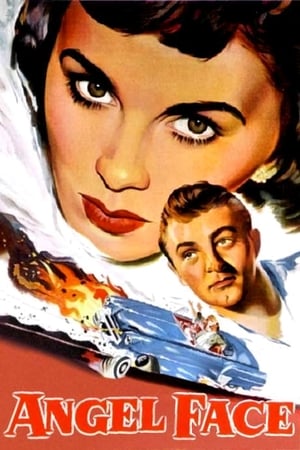 7.1
7.1Angel Face(en)
Ambulance driver Frank Jessup is ensnared in the schemes of the sensuous but dangerous Diane Tremayne.
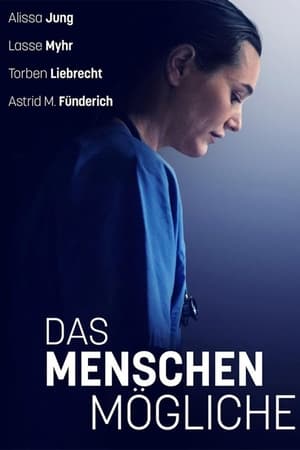 0.0
0.0Das Menschenmögliche(de)
Judith is a doctor who is very committed to her profession. Aiming to become a cardiologist, she performs part of her residency in a chronically understaffed hospital emergency room. During a particularly difficult shift, she makes a mistake that causes the death of a patient. Judith is devastated and doubts whether she is suited to the profession. Her fellow doctors, including her partner Mark, advise her to just carry on as before. While Judith’s actions are investigated, she is assigned to ambulance duty. Being in a new environment and having some distance to the clinical routine allow her to see things in a new light.
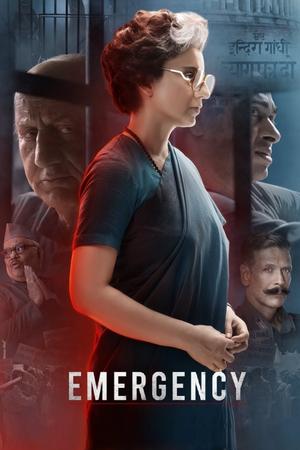 3.8
3.8Emergency(hi)
Based on true events that unfolded in 1975, the film chronicles incidents that took place under the leadership of Indira Gandhi, one of the most powerful women in Indian history.
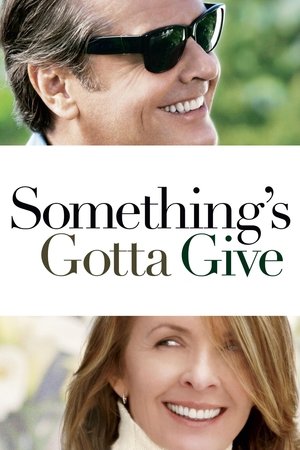 6.6
6.6Something's Gotta Give(en)
When perpetually single, aging music industry exec Harry Sanborn, and his latest trophy girlfriend, Marin, arrive at her mother's beach house in the Hamptons, they find that her mother, playwright Erica Barry, also plans to stay for the weekend. Erica is scandalized by the relationship and Harry's sexist ways. But when Harry has a heart attack while there, and the doctor prescribes bedrest, his only option is to stay at the Barry home. Left in the care of Erica and his doctor, a love triangle starts to take shape.
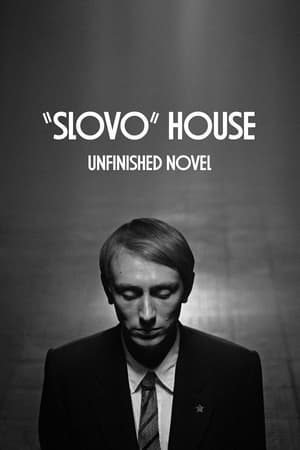 8.5
8.5“Slovo” House. Unfinished Novel(uk)
Kharkiv, the 1930s. The heyday of Ukrainian art. Ambitious young poet Vladimir Akimov happily settles in at the new luxury "Slovo" House built specifically for artists. He comes from the provinces and works as a proof-reader in a printing press, and has never even dreamed of living under one roof with prominent Ukrainian writers and artists. He thinks his own poetry is genius, but nobody takes his literary efforts seriously, not to mention the occasional chuckles over his epigone poems. But fate smiles at him. The head of the political intelligence agency suggests that he become the author of a play written earlier. Akimov agrees, signing a non- disclosure note. The poet has no idea what price he will pay for this success. “‘Slovo’ House” is a story about a generation of Ukrainian artists persecuted by the totalitarian system, unfolding against the backdrop of one of the largest genocides of the 20th century: the Holodomor, which caused the death of almost 7 million people.
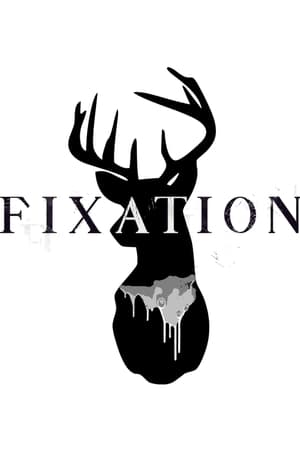 4.0
4.0Fixation(en)
Dora, a young woman at the center of an unusual murder trial, is subjected to a psychiatric evaluation, and as the tests become more personal — and frightening — she begins to question the true motives of her doctor and is forced to live through the recreations of her past.
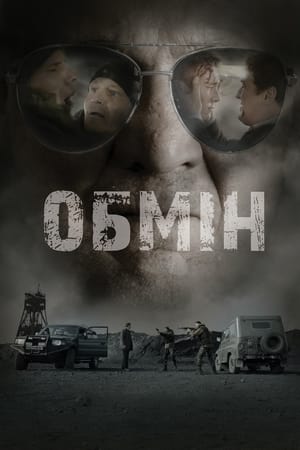 6.2
6.2Exchange(uk)
How to repay parental debt on the other side of the front line? Why would a doctor kill and when to believe the enemy? How is the war in eastern Ukraine different from any other war in the world? A war drama about the stories of two families, where adult men took up arms and thus crossed their destinies.
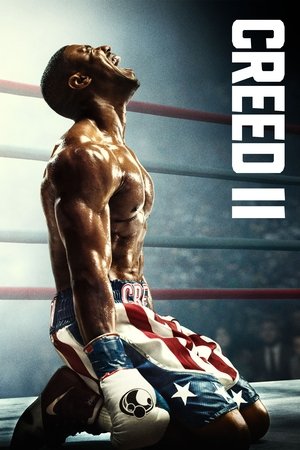 7.0
7.0Creed II(en)
Between personal obligations and training for his next big fight against an opponent with ties to his family's past, Adonis Creed is up against the challenge of his life.
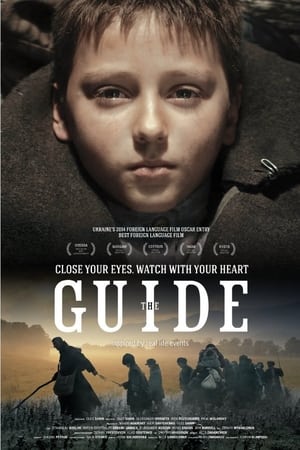 7.7
7.7The Guide(uk)
American boy Peter and blind minstrel Ivan are thrown together by fate amidst the turbulent mid-30s Soviet Ukraine.
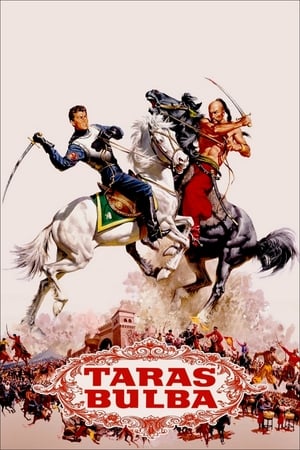 6.3
6.3Taras Bulba(en)
Ukraine, 16th century. While the Poles dominate the Cossack steppes, Andrei, son of Taras Bulba, a Cossack leader, must choose between his love for his family and his folk and his passion for a Polish woman.
